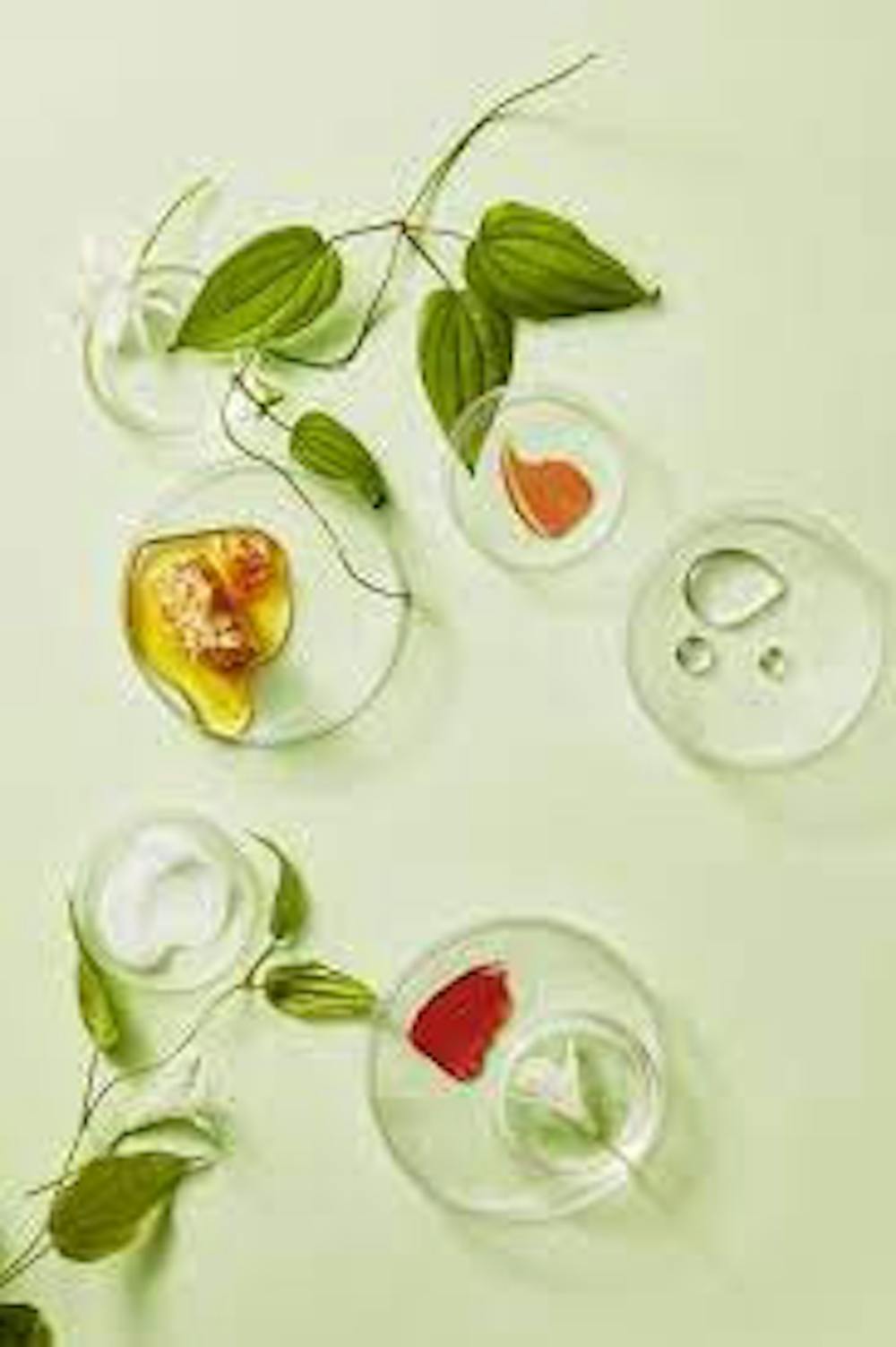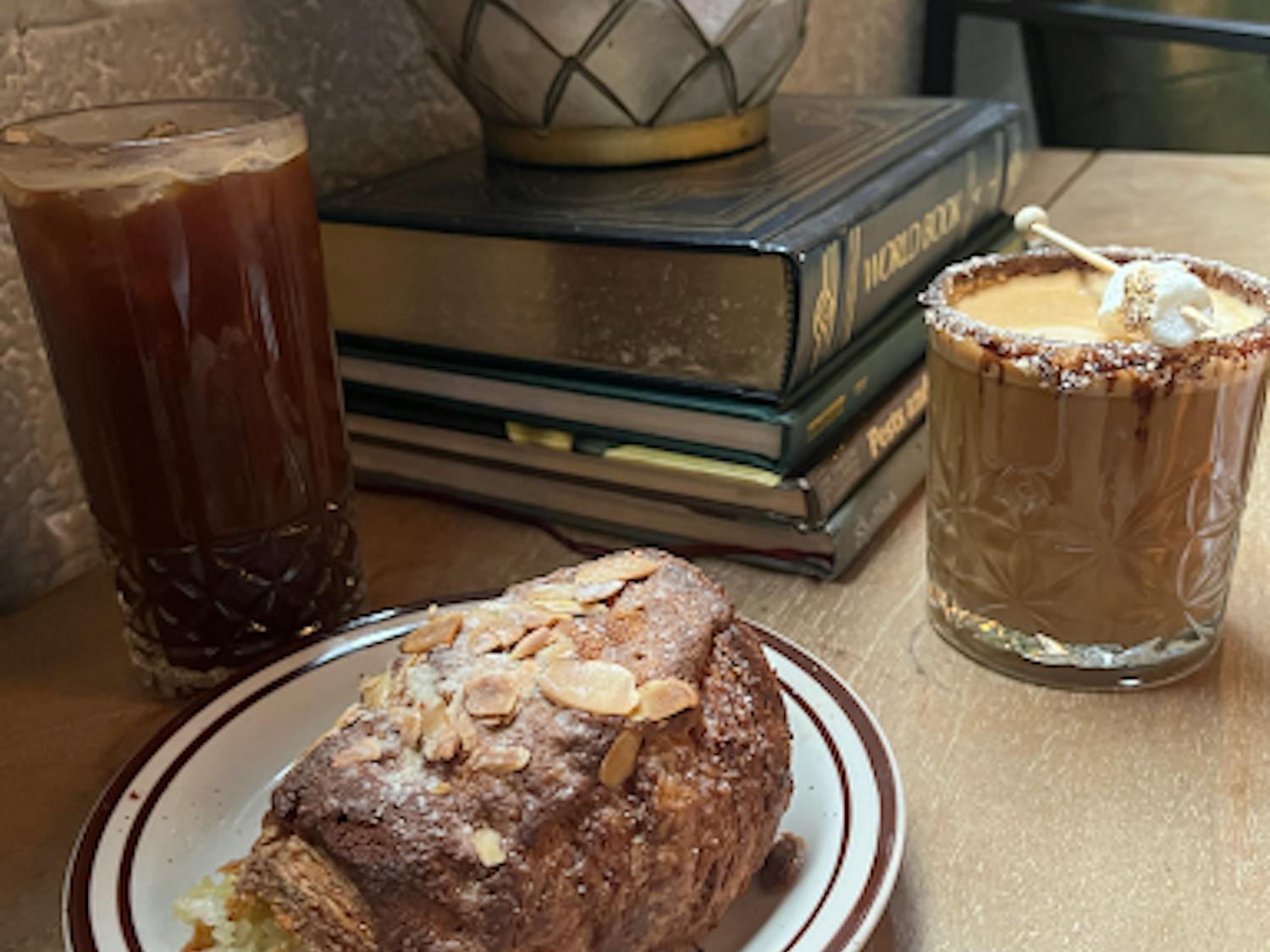The other day, I went into my local Walgreens for a new mascara. Browsing the beauty section, it’s hard not to notice the new trends. There were, of course, lines of bright colors for spring, new lines of concealer, the normal products that are reintroduced every few months, branded as something ‘new and exciting.’
I noticed something, however. There seems to be an influx of ‘all natural products,’ overwhelmingly so. Clean beauty is the new craze, without a doubt. Everywhere you look, from Sephora to Walmart, brands are advertising their new, all natural products. Brands seem to be saying ‘Your regular beauty products contain all sorts of dangerous stuff. Use these safer ones instead.’
But what is clean beauty exactly? Clean Beauty Box, a primarily online brand, says “To us, Clean Beauty is defined by products that are mindfully created and produced without any proven or suspected toxic ingredients. Clean Beauty products include ingredients ethically sourced and are made with the health of our bodies and the environment in mind.” It sounds good, right? Who wouldn't want safer, ethically sourced products?
It’s not an abstract concept at all, and it’s one that many consumers have subscribed to. Many celebrities, as well as popular Youtubers in the community, have been outspoken about the use of harmful additives in products.
Nikkie Tutorials, a popular makeup blogger with over 13.8 million Youtube subscribers, has been outspoken about using products with no parabens, fragrance, alcohol, and more. She claims that she recently removed silicons and heavy fragrance from her beauty routine, but also said “There's a lot of contradiction between what's safe and what’s not, it gets very overwhelming. But I would rather be safe than sorry.” This seems to be the ideology of many consumers nowadays, especially with the conflicting evidence of how harmful certain ingredients actually are.
It’s not just a social media fad, too. Brands have actually been targeted for using harsh chemicals. The popular hair care brand Wen settled a $26 million class-action case because one of its products was allegedly making people’s hair fall out. Johnson and Johnson have had their products criticised for allegedly causing cancer. This all leads to consumers wanting more out of their products. But is this new idea of ‘clean beauty’ a fad, or does it have actual science behind it. Should we all forego our old everyday makeup routine, and put in place new, all natural products instead?
Well, the answer is a bit complicated. Due to the lack of regulation by the FDA in the beauty industry, brands can be vague with the description of products. The terms “clean” and “natural” are often used interchangeably and are the most common; you’ll also see “safe,” “green,” and “nontoxic.” These are all essentially buzzwords, that most likely mean… not a whole lot, actually.
Take for example, the claim that a product is paraben free- a common occurrence in many higher end brands. Parabens have been used for decades in a wide array of cosmetics, shampoos, lotions and more. In more recent years, though, the preservative has been taken off shelves. In a 2004 study by the Journal of Applied Toxicology, researchers found parabens in breast cancer tissue-giving it the name ‘endocrine disruptor.’ It’s important to note here that they did not suggest that the parabens caused breast cancer; only that there was a correlation between the two. By 2014, the EU had banned some parabens in products, which in turn caused upheaval in the U.S industry.
The truth is, Europe only banned a few parabens, and not even the ones most commonly used. The European Scientific Committee on Consumer Safety wrote, “The group of chemicals known as parabens make up an important part of the preservatives which could be used in cosmetics. Many parabens are safe, as repeatedly confirmed by the Scientific Committee on Consumer Safety (SCCS). They are also some of the most efficient preservatives.” The deed was done, though, and many consumers swore off using any parabens at all.
So, is clean beauty a gimmick, or an actual movement that will eventually lead to safer, healthier products? If you follow the money, it sure seems like it’s here to stay. Consumers are continuously paying more for products that are more health focused, and in the grand scheme of things, it seems as if the industry will shift that way over the upcoming years anyway. It seems to be a plus for both businesses and consumers; clean is the new normal.
OPINION: Clean Beauty-The New Normal or a Passing Fad?

Heads up! This article was imported from a previous version of The Campus Citizen. If you notice any issues, please let us know.




